By C. T. Smith
Remember that one time in the “pre-Dolezal” era when a white woman held her family accountable for their involvement in the trans-Atlantic slave trade? Yea, well it happened in 2004. Documentary filmmaker Katrina Browne set it upon herself to investigate her familial involvement in the U.S slave trade in the film Traces of the Trade: A Story of the Deep North. Although most people are taught that the busiest slave ports were in the South, such as South Carolina, Georgia, and Louisiana, a quaint Rhode Island town was where the De Wolf family was able to amass a fortune.
The film begins with Browne, in Boston, questioning her family’s lore. Although she’d heard that her family was involved in the U.S slave trade, it was mythologized and sanitized. Browne goes back to her familial home in Rhode Island and inquired at the local museums and county offices. Her sense of familial honor and pride shook as she began to understand the seat of her and her family’s privilege and prestige.
Browne reached out to several family members–209, to be exact–to ask them to go on a journey to uncover the De Wolf family shame. Some answered, vexed, and declined. Nine of her distant cousins eventually acquiesced.
In their first meetings, Browne collected stories from her family, essentially trying to connect the dots between her research and their family lore. Then, they begin to examine their privilege. Around a table, they go one-by-one and tell of their ivy-league educations, and their parents’ ivy league educations, their vacations, and specialties. As doctors, priests, and senators, the De Wolf family’s American dreams had materialized. Wealth, status, and prominence were the legacy they had perpetuated.
Browne actively tries to unpack this unearned wealth and status. They toured the family’s plantations here in the U.S and in the Dominican; they even traveled to Ghana to visit slave pins where their ancestors bargained for black bodies even after the abolishment of enslavement in the United States.
In this time of the Black Lives Matter movement, whites often inquire about what they can do to help. Through her film, Browne laid a groundwork for what whites can do without the aid of black activists, such as looking and acting inward, and speaking to their families about their historic involvement or lack thereof in the maintenance of white privilege and the American Dream.
It’s been more than a decade since Traces of the Trade has been debuted, yet we can still point to contemporary examples of abdication of the atrocities of the Era of enslavement. There is still work to be done, however, kudos to Ms. Browne on excavating her family’s history in order to begin to reconcile centuries-old wounds.
Source: tracesofthetrade.org

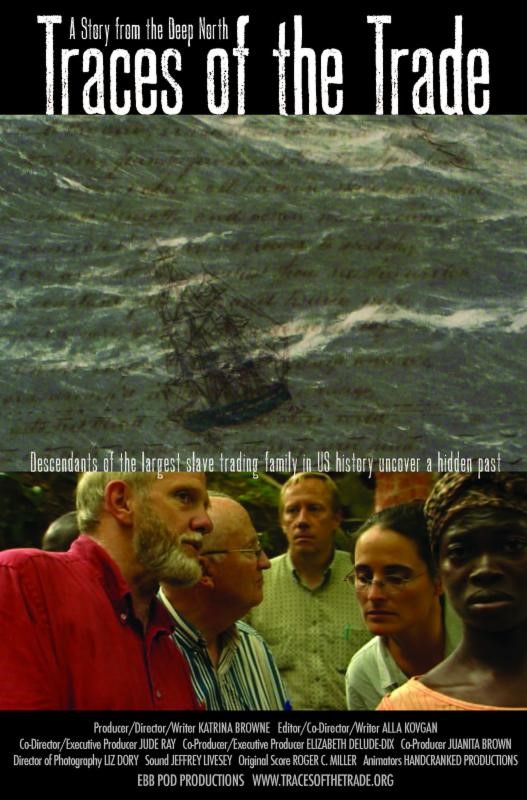




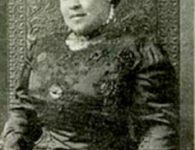




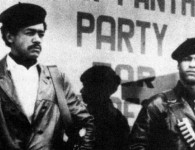

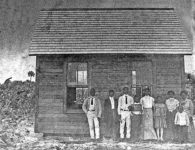

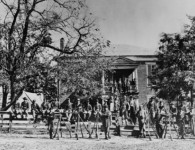




No comments